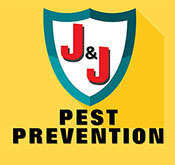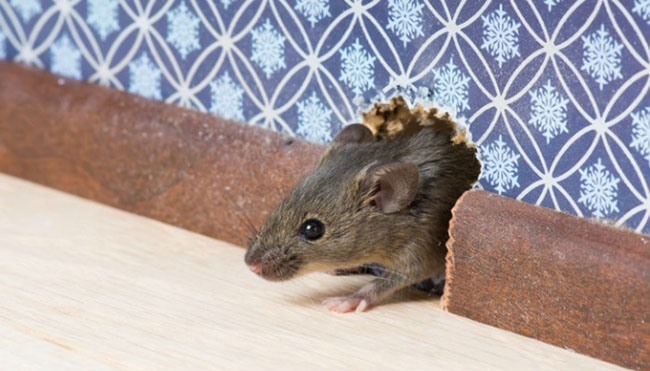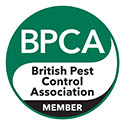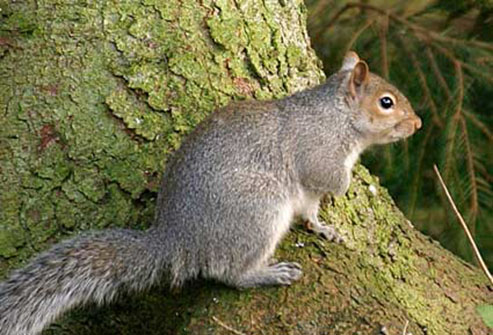House Mice are believed to have arrived in Britain around the 10th Century.
House Mice are variable in colour shades ranging from light grey to almost black, although their under bellies may be slightly paler.
House Mice prefer dry conditions, and do not like getting wet due to their small size and difficulty in retaining heat. House mice can grow thicker fur if required in more severe environments. House mice are almost always found to be living in close proximity to man due to the need for good access to food water and a protective environment. House mice are therefore prevalent in urban spaces and densely populated towns and cities.
House mice are an extremely adaptable mammal and renown to be as the most widely thriving mammal on earth after man.
House mice are excellent climbers and have a collapsible skeleton allowing access to small areas about the size of a pencil.
House Mice have an acute sense of hearing, the mice are also colour blind and sight only plays a small role in comparison with their other senses. House Mice teeth are constantly growing , so the mice will gnaw to investigate an area and keep their teeth very sharp. House mice have been known to gnaw through car upholstery or equally eat through a grain store, they will pretty much gnaw at anything they can get their teeth into.
House mice have good control of their bladders and can urinate in the same spot tens of thousands of times creating urine pillars which act as mice messaging posts for them and other house mice. House mice can also produce about 80 droppings per day.
House mice are nocturnal creatures and quite commonly house mice are found nesting in loft spaces and wall cavities.
House mice have an average of 5-6 babies in a litter and generally house mice have a gestation period of 21 days.
The sighting of a mouse is a sure sign of an infestation and a professional pest control operative should be contacted to manage or eradicate house mice activity.
House mice can be hazardous to health as well as causing wide ranging damage to buildings, personal property, food and household items.
If you believe you may have a mouse problem please call us for advice and treatment solutions to offer peace of mind.









